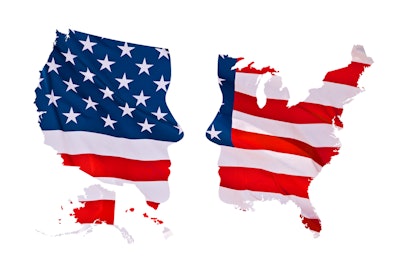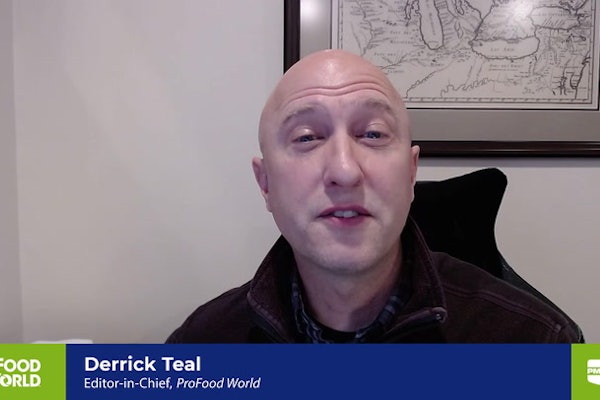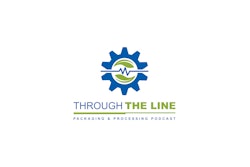The International Food Information Council (IFIC) Foundation’s 2016 Food and Health Survey: Consumer Attitudes Toward Food Safety, Nutrition & Health examines how consumers differ in their attitudes on food issues. The results show that conservatives and liberals differ in their attitudes toward sustainability, trust in government for food-related information, and their top food safety issues.
“The 2016 Survey, which includes a special focus on understanding the complex array of factors that influence food decisions, provides important insights and trends for health professionals, government officials, educators, as well as others who seek to understand and improve the health of all Americans,” said Kimberly Reed, president of the International Food Information Council Foundation.
Consumers approach sustainability from different angles. Liberals more readily cite the importance of environmental aspects of sustainability, while conservatives are drawn to sustainability for economic reasons.
For example, conservatives believe that conserving farmland over multiple generations (41 percent) and ensuring affordability of the food supply (47 percent) are the most important aspects of sustainability, while liberals cite reducing carbon footprint (22 percent) and conserving natural habitats (51 percent). Both conservatives and liberals agree overwhelmingly that it is important for food products to be produced sustainably. However, liberals (56 percent) are much more likely than conservatives (35 percent) to say that they would pay more for sustainably produced products.
Media might play a role in these ideological differences. Liberals and conservatives differ in their exposure to books, articles, and documentaries that examine the food system. Over half of liberals (51 percent) have read an article examining the food system in the past year, while about one-third (31 percent) of conservatives reported doing the same. Similarly, a much larger proportion of liberals (27 percent) report seeing a movie or documentary that examined the food system in the past year, compared to conservatives. (13 percent).
Conservatives and liberals also have different levels of trust in the government on food issues. Liberals are more likely than conservatives to cite the government as a top source of trust for information on the safety of food and ingredients (58 percent vs. 46 percent). Only about one in four (27 percent) conservatives highlighted the government as a top source of trust for information about the types of food you should eat, while nearly half of liberals (48 percent) highlight the government as a top trusted source for this information.
Liberals and conservatives also differ in what they view as the top food safety issues. “Foodborne illness from bacteria” ranked first among both liberals and conservatives (55 percent and 58 percent respectively). However, liberals are far more likely to cite “pesticides” as a top food safety issue (38 percent vs. 24 percent), while conservatives are twice as likely to cite “carcinogens or cancer-causing chemicals in food” (40 percent vs. 20 percent). Those who identify as somewhat liberal (12 percent) are twice as likely as those who are somewhat conservative (6 percent) to cite “food additives and ingredients” as a top food safety issue.
The results are derived from an online survey of 1,003 Americans ages 18 to 80, conducted in March 2016. Results were weighted to ensure that they are reflective of the American population, as seen in the 2015 Current Population Survey. Specifically, they were weighted by age, education, gender, race/ethnicity, and region.
http://www.foodinsight.org/2016-FHS


















